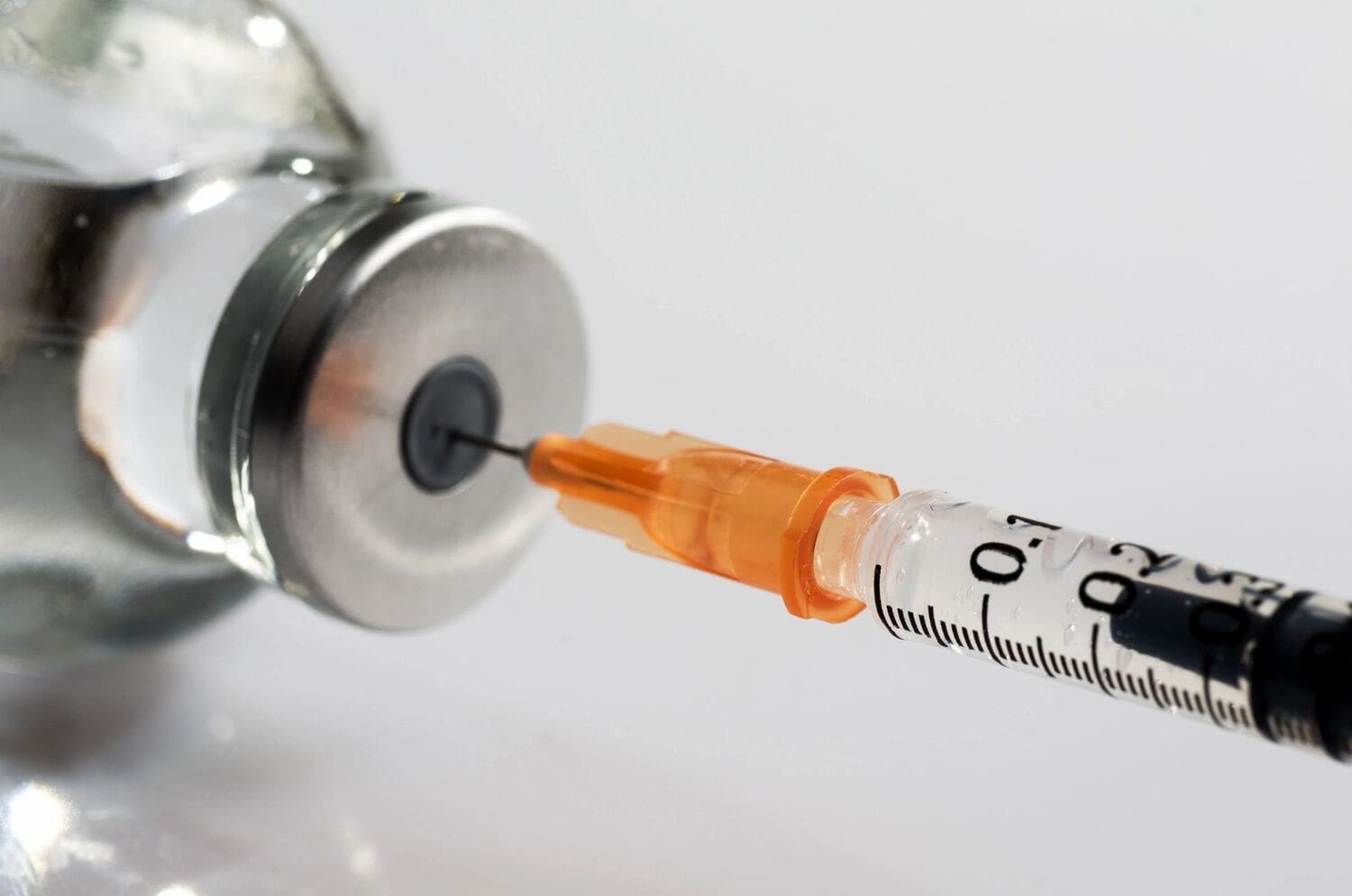Hormone Replacement Therapy
If you're experiencing any of the following symptoms, you might be dealing with a hormonal imbalance or deficiency:
Fatigue
Decreased energy
Decreased libido
Mood changes or Irritability
Increased or New Onset Anxiety
Increased or New Onset Depression
Frequent Bladder Infections (UTIs)
Hair Loss
Orgasm changes
Difficulty Sleeping
Hot Flashes or Night Sweats
Weight Gain
Joint pain
Decreased Bone Density (bone loss)
Memory Problems
Concentration Problems
Fertility Problems
Women: vaginal dryness, decreased lubrication, vaginal itching, pain or discomfort with intercourse, menstrual cycle changes
Men: erection changes
Understanding HRT
Hormone Replacement Therapy (HRT) involves medication containing hormones, addressing imbalances caused by age, surgery, or lifestyle changes. HRT utilizes female hormones like estrogen, male hormones such as testosterone, or a combination of estrogen and progesterone. Human Chorionic Gonadotropin (hCG), a hormone produced during pregnancy, is another option. HRT aims to restore hormonal balance, alleviating symptoms and reducing health risks.


What to Expect from HRT
The method of HRT varies, offering options like pills, injections, gels, patches, vaginal creams, or slow-releasing suppositories. Estrogen therapy comes in two types: systemic (for overall menopausal symptoms) and low-dose vaginal products (for vaginal and urinary symptoms). Testosterone therapy is commonly administered through injections or gels, while HCG therapy is typically through injections. Treatment frequency depends on individual needs, with the goal of optimizing benefits while minimizing hormone use.
Who Benefits from HRT?
Menopausal Women: Addresses menopausal symptoms like hot flashes and vaginal discomfort, reducing health risks associated with early menopause.
Post-Menopausal Women: Reduces the risk of osteoporosis, strengthening bones to prevent fractures.
Men with Hypogonadism: Corrects testosterone deficiency, primarily enhancing libido.
Fertility Issues: HCG therapy aids egg production in women and increases sperm count in men, improving fertility chances.
HRT, tailored to individual needs, offers a comprehensive approach to managing hormonal imbalances and enhancing overall well-being. Connect with us today to get more information.

HRT FAQs
Options include creams, gels, patches, injections, oral medications, and pellets. We discuss all the options available and give you, the patient, the information to make an informed decision that will best fit your personal and financial needs.
Many of the medical treatment options are covered by insurance, and some are not. We believe in educating patients on their options, so they can make informed decisions that will meet their needs.
Before beginning therapy, we send you to the lab of your choice for a simple blood test to draw your blood and establish a baseline measurement of your hormone levels and other measurements that might affect your hormones. If you have insurance, most labs are covered, but you must check with your individual plan for actual coverage determination. If you are uninsured, we work closely with a local lab that has great rates for self-pay individuals.
Every 3 to 4 months, depending on the HRT method chosen to meet your needs.
Beneficial side effects include but are not limited to improvement in energy, libido, mood, anxiety/depression, sleep, hot flashes/night sweats, memory, concentration/mental clarity, muscle mass/strength, joint pain, skin, hair, nails, and bone health. For women, there is an improvement in symptoms of menopause and vulvovaginal tissue atrophy. For men, there is an improvement in erectile tissue health.
Potentially negative side effects include but are not limited to sweating, hair growth in all the wrong places or hair loss in all the wrong places, increased red blood cell count (could be positive for individuals that tend to run low), edema, increased body odor, acne, mood changes, and bloating and weight gain.
Talk with your provider about what options may be best for you.
Hormones do not cause cancer. They are the fuel for the fire in some cancers. For women, cancer can be estrogen or progesterone-dependent, and for men, testosterone and estrogen-dependent. However, there are hormone therapy options even for patients with a history of cancer.
The same can be said for the sugar, chemicals, and hormone disruptors that people are exposed to every day in the food they eat and the products they use daily. These products don’t cause cancer, but again, they are the fuel for the fire.
Consult with a medical provider to determine options that may be best for you.
Bioidentical hormones are derived from plants and are considered to be closer to our own naturally occurring hormones. However, this does not mean it is safer or better than synthetic commercial hormone products. The goal is to maintain patients within safe ranges of these hormones, no matter the type of therapy.
Dr. Mel offers a range of options, so patients can determine the best options to meet their needs.
Many people live years to decades with hormonal imbalances and deficiencies. The time it takes will vary on an individual basis, but most people will begin to feel the benefits within a few months. What did you think would be easy and instant gratification? Believe me, I wish I had that, but I don’t.
